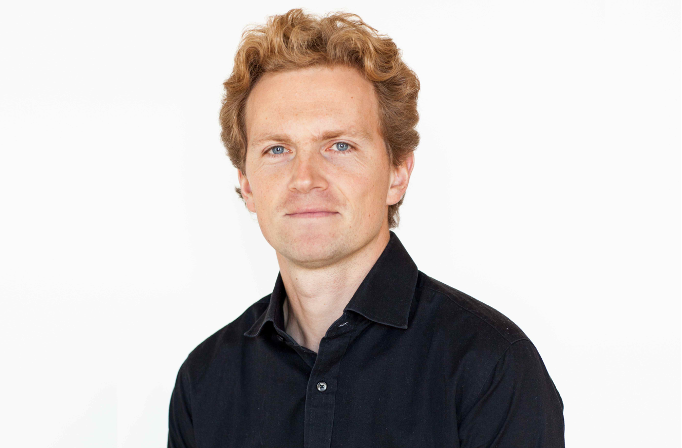'The climate risks of unconditional broad money' by Peter Dietsch
18:00 CET, 9 November 2023 - Phinance Online Seminars
There exists an emerging consensus among policymakers that private finance will be an important enabler of the transition to a net-zero economy. In this talk, Peter Dietsch argues that under current monetary institutions, on the contrary, private finance represents an obstacle in the path to net-zero.
Under two conditions, it is plausible that incentives to finance green energy will not be enough to effectively reduce financing for the fossil-fuel sector. First, under a ‘finance franchise’ arrangement where central banks delegate money creation to commercial banks, the latter have incentives to finance any project they deem profitable. Second, given that the negative externalities of greenhouse gas emissions remain only incompletely corrected for, banks will expect fossil fuel projects to remain profitable for the foreseeable future.
Peter spells out the normative and political consequences of these two conditions. Since central banks delegate and oversee private lending, they and the public who mandate them are ultimately responsible for continued lending to the fossil fuel sector. One important obstacle to reform here is the denial by most central banks that they are climate policymakers. Reform options include a general throttling of credit creation or a credit policy that selectively reduces fossil fuel funding.
An open debate follows the meeting.
‘The climate risks of unconditional broad money’ by Peter Dietsch
9 November 2023
Phinance Online Seminars are organized by Phinance, the Philosophy & Finance Network
18:00 Peter Dietsch (University of Victoria, Canada) The climate risks of unconditional broad money
18:50 Debate
Chair: Emiliano Ippoliti (Sapienza University of Rome)





